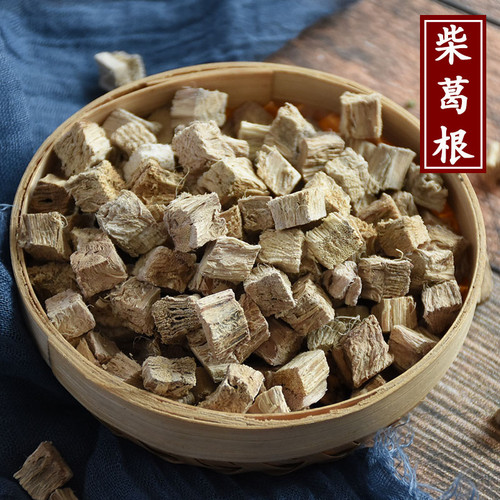Product Overview
Parts used: Dried peel
TCM category: Herbs that stabilize and bind
TCM nature: Warm
TCM taste(s): Sour
Meridian affinity: Stomach Kidney Large intestine
Scientific name: Punica granatum
Use of pomegranate peel (Shi Liu Pi) in TCM
Please note that you should never self-prescribe TCM ingredients. A TCM ingredient is almost never eaten on its own but as part of a formula containing several ingredients that act together. Please consult a professional TCM practitionner, they will be best able to guide you.
Preparation: Extract the peel from pomegranate fruits and dry it
Dosage: 3 -9 grams
Main actions according to TCM*: Astringes the Intestines and stops diarrhea. Retains Kidney Essence and Kills parasites.
Primary conditions or symptoms for which pomegranate peel may be prescribed by TCM doctors*: Diarrhea Dysentery Rectal prolapse Premature ejaculation Spermatorrhea Hematuria Vaginal discharge Leukorrhea Intestinal parasites Abdominal pain
Contraindications*: This herb should not be taken during the early stages of diarrhea and dysentery. When using it for parasites, it should not be taken with oils or fats to minimize absorption of the toxin into the system.
Common TCM formulas in which pomegranate peel are used*:
For taenia or roundworms combine pomegranate peel with areca nuts (Bin Lang).
For chronic diarrhea due to Spleen Yang deficiency combine pomegranate peel with atractylodes rhizomes (Bai Shu), codonopsis roots (Dang Shen) and poria-cocos mushrooms (Fu Ling).
For prolapse of the rectum combine pomegranate peel with milkvetch roots (Huang Qi) and bugbane rhizomes (Sheng Ma).
Key TCM concepts behind pomegranate peel (Shi Liu Pi)'s properties
In Traditional Chinese Medicine (TCM), pomegranate peel are plants that belong to the 'Herbs that stabilize and bind' category. This category of herbs is used for treating abnormal discharges and displacement of organs. This includes conditions such as diarrhea, discharges from the vagina, penis or rectum as well as prolapse of the uterus or rectum. It is important to note that herbs in this category only treat symptoms, so one should also use herbs to treat the underlying Deficiency.
Furthermore pomegranate peel are plants that are Warm in nature. This means that pomegranate peel tend to help people who have too much "cold" in their body, although with less effect than a plant that would be Hot in nature. Balance between Yin and Yang is a key health concept in TCM. Those who have too much cold in their body are said to either have a Yin excess (because Yin is Cold in nature) or a Yang deficiency (Yang is Hot in Nature). Depending on your condition pomegranate peel can help restore a harmonious balance between Yin and Yang.
Pomegranate peel also taste Sour. The so-called "five elements" theory in Chinese Medicine states that the taste of TCM ingredients is a key determinant of their action in the body. Sour ingredients like pomegranate peel help with digestion and restrain abnormal discharges of fluids from the body, such as diarrhea or heavy sweating.
The tastes of ingredients in TCM also determine what organs and meridians they target. As such pomegranate peel are thought to target the Stomach, the Kidney and the Large intestine. In TCM the Stomach is responsible for receiving and ripening ingested food and fluids. It is also tasked with descending the digested elements downwards to the Small Intestine. The Kidneys do not only regulate the urinary system but also play a key role in the reproductive system and the growth and aging process of the body. The Large Intestine receives the "impure" parts of the digested food from the Small Intestine, absorbs the remaining fluids and excrete the remainder as feces.






